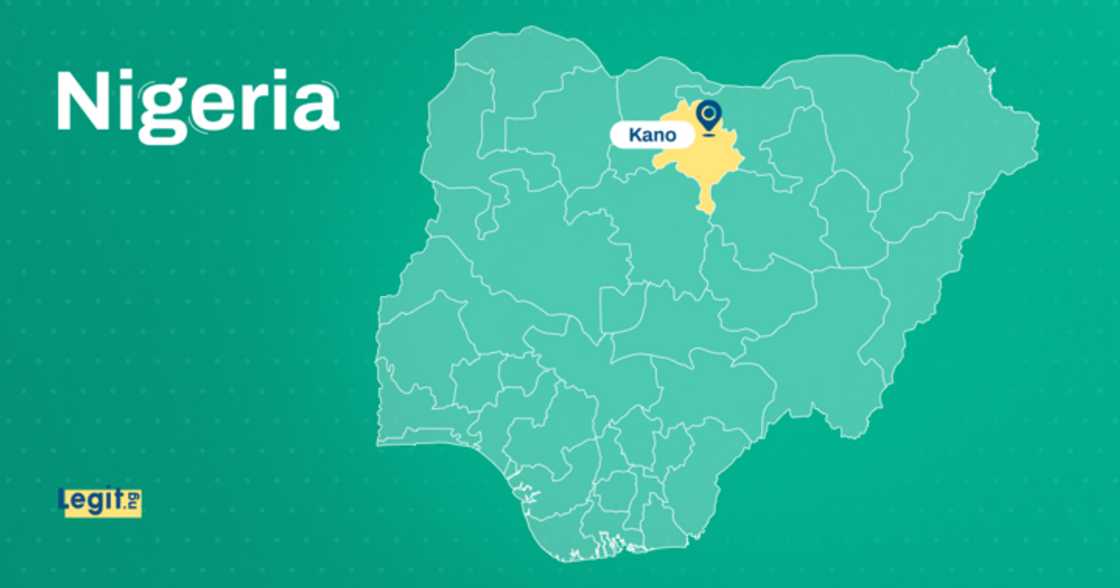Data: How Long Minimum Wage Earners in Africa Need to Save for the New iPhone 16 Pro Max
- The latest data reveals stark economic disparities across Africa, with minimum wage earners in Nigeria needing 64 months to afford the new iPhone 16 Pro Max, while those in South Africa need just 3 months
- This disparity shows the significant differences in purchasing power and economic stability among African nations
- The figures highlight the broader challenges of inflation, currency devaluation, and wage disparities impacting workers across the continent
In a striking illustration of economic disparity, the latest data from Punch Newspaper reveals the number of months minimum wage earners in various African countries need to save to afford the new iPhone 16 Pro Max.
The figures highlight significant differences in purchasing power across the continent.

Source: Original
Purchasing power gap
Nigeria tops the list, where a minimum wage earner would need to save for 64 months—over five years—to purchase the latest Apple device.
This stark contrast is a reflection of the country's economic challenges, including high inflation rates and a relatively low minimum wage.
In Côte d'Ivoire, the situation is somewhat better, but still daunting, with workers needing 38 months to afford the iPhone. This West African nation has been making strides in economic development, yet the cost of luxury items remains out of reach for many.
Data reveal economic inequality among Africans
Ghana presents a more optimistic picture, with the required saving period dropping to 18 months. Ghana's economy is believed to be growing in the region, and this is reflected in the relatively shorter time needed to afford high-end consumer goods.
Cameroon and Morocco show similar trends, with minimum wage earners needing 10 months to buy the iPhone. These countries have relatively higher minimum wages compared to their regional counterparts, making luxury items slightly more accessible.
In Egypt, the required saving period is significantly lower at 5 months. Its diversified economy and higher minimum wage contribute to better scenario for its workers.
Finally, South Africa stands out as the most favourable country in this comparison, with minimum wage earners needing just 3 months to purchase the iPhone 16 Pro Max. South Africa's relatively high minimum wage and more robust economic conditions make luxury goods more attainable for its citizens.
In conclusion, while the new iPhone 16 Pro Max represents the pinnacle of technological advancement, its affordability remains a distant dream for many minimum wage earners in Africa.
See the data below:
Understanding data for armed robbery
Meanwhile, Legit.ng earlier reported that Nigeria is grappling with a surge in armed robbery cases.
Data from the Ministry of Police Affairs for 2022 and 2023, as shown by Statisense, reveals a disturbing trend.
PAY ATTENTION: Сheck out news that is picked exactly for YOU ➡️ find the “Recommended for you” block on the home page and enjoy!
Source: Legit.ng



